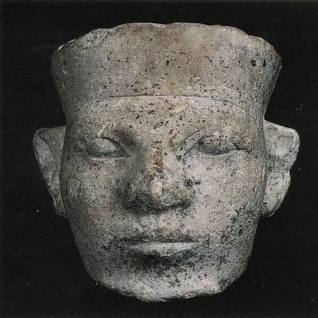
He shows himself in his video interview on 9 Aug 21 with AriseTV, Bishop Kukah (https://www.youtube.com/watch?v=sZQVZHCjdtY) as a wise and critical commentator of the Nigerian political scene. He compares what is happening in Nigeria with what happens in Europe and America. One of the important statements he makes is the failure of Nigerian intellectuals. However, there are aspects that he misses or misconstrues and these are very important.
It is correct but not sufficient to refer to the vacuity of Nigeria’s intellectuals. Given the high reputation of Nigerian scholars outside Nigeria, this requires explanation. I would suggest that there are several causes: firstly, the government pays no attention to Nigerian intellectuals so that society considers the role of intellectuals as worthless. I can confirm from my experience that even and most importantly among the dissidents and political critics, attempts at serious intellectual analysis have been generally met with derision. Endlessly, I was told there was no point wasting time seeking analysis of our problems as all that matters was attaining office. Then-President Obasanjo set up a London Group to consider Nigeria’s future. I obtained an invitation from Foreign Affairs, the premier US journal on foreign policy, for an article to explain our vision and outlook. No one was willing to assist in drafting the essay. So the lack of interest in the serious intellectual analysis is not because it is beyond Nigerians but it is scorned by almost all who have any political ambitions. The savage cuts in education funding have reduced many academics to mendicants and eliminated the social value of what they produce. The prestige of any Nigerian academic arises from his overseas position, most likely in a US university. His publications are not read. This is not a problem exclusive to the existing political elite, it infects young and old. As Kukah said,’the amount of intellectual depth required to sort out our problems is not there!’
Yet, the most important error he has made is not an obvious one. He has sought to understand the world in terms of the 1970’s and Britain and the US of that time. Everything has changed. The failure and shallowness of intellectual analysis is becoming prevalent in the UK and USA. The neo-liberal consensus had introduced a new world where all politicians are beholden to the financial classes. In the US politicians spend a majority of their time seeking funding for re-election. This hands power to the sources of funding, both in Nigeria and the US. Bishop Kukah did not understand that Nigeria was a testing ground for what has been implemented now in the US. In many ways, the neo-liberals used the developing world as testing grounds for what they wished to implement in developed countries: massive privatisation of government assets, slashing health and education budgets, conversion of universities to vocational training centres, destruction of public health provision and massive social and economic inequality.
People in Britain were shocked to learn they had greater inequality than Nigeria (by GINI coefficient – Nigeria was 35.1 and UK was 36.6.) Bishop Kukah was appealing to the US for help and sympathy, but they had far greater inequality than Nigeria, (GINI of 39.9 compared to Nigeria’s 35.1)
Our problem in Nigeria is both modern and deeply complicated. Bishop Kukah mentions the role of plutocracy and of religious fundamentalism and extremism….is he talking about Nigeria or the US?’

